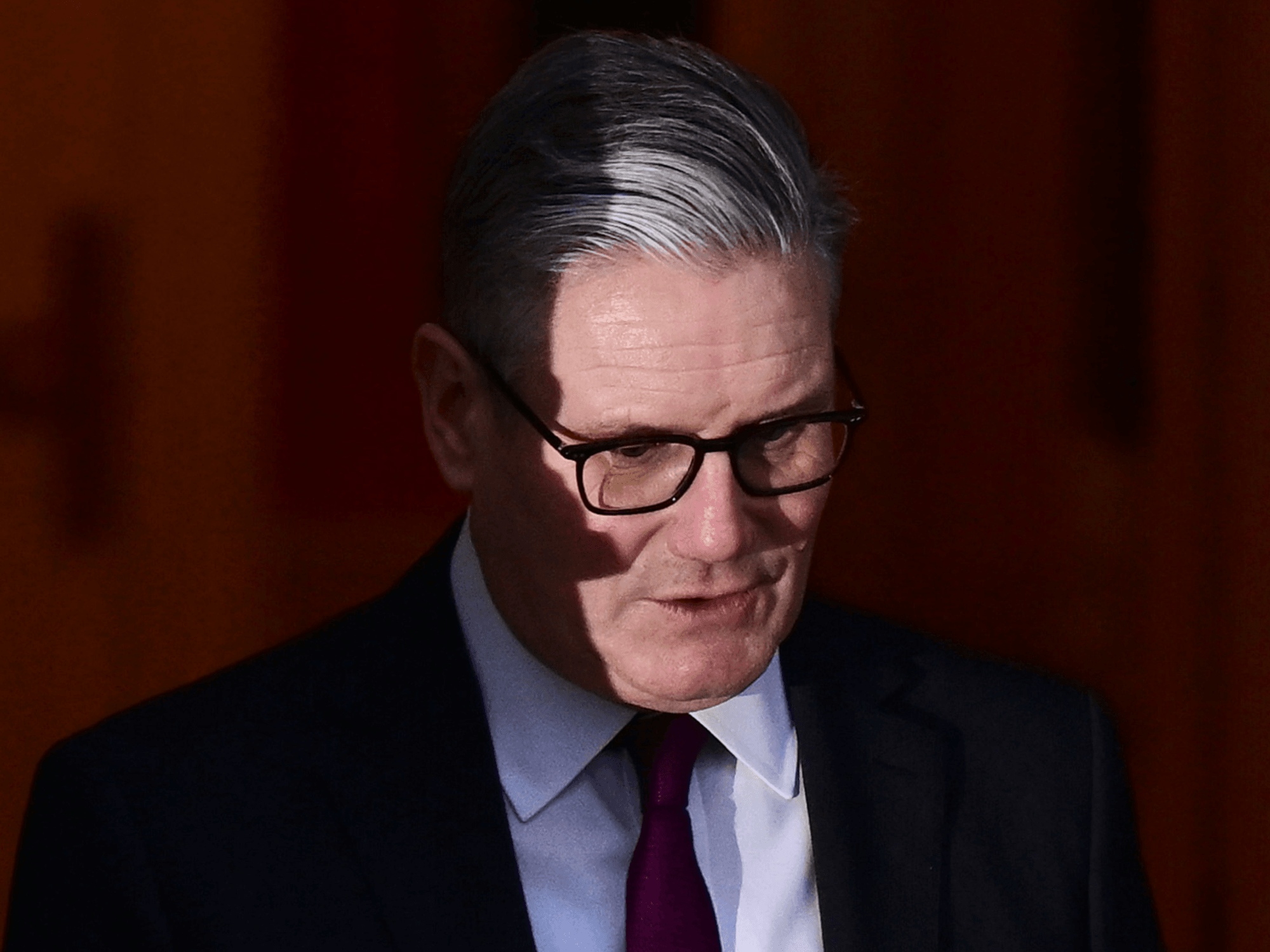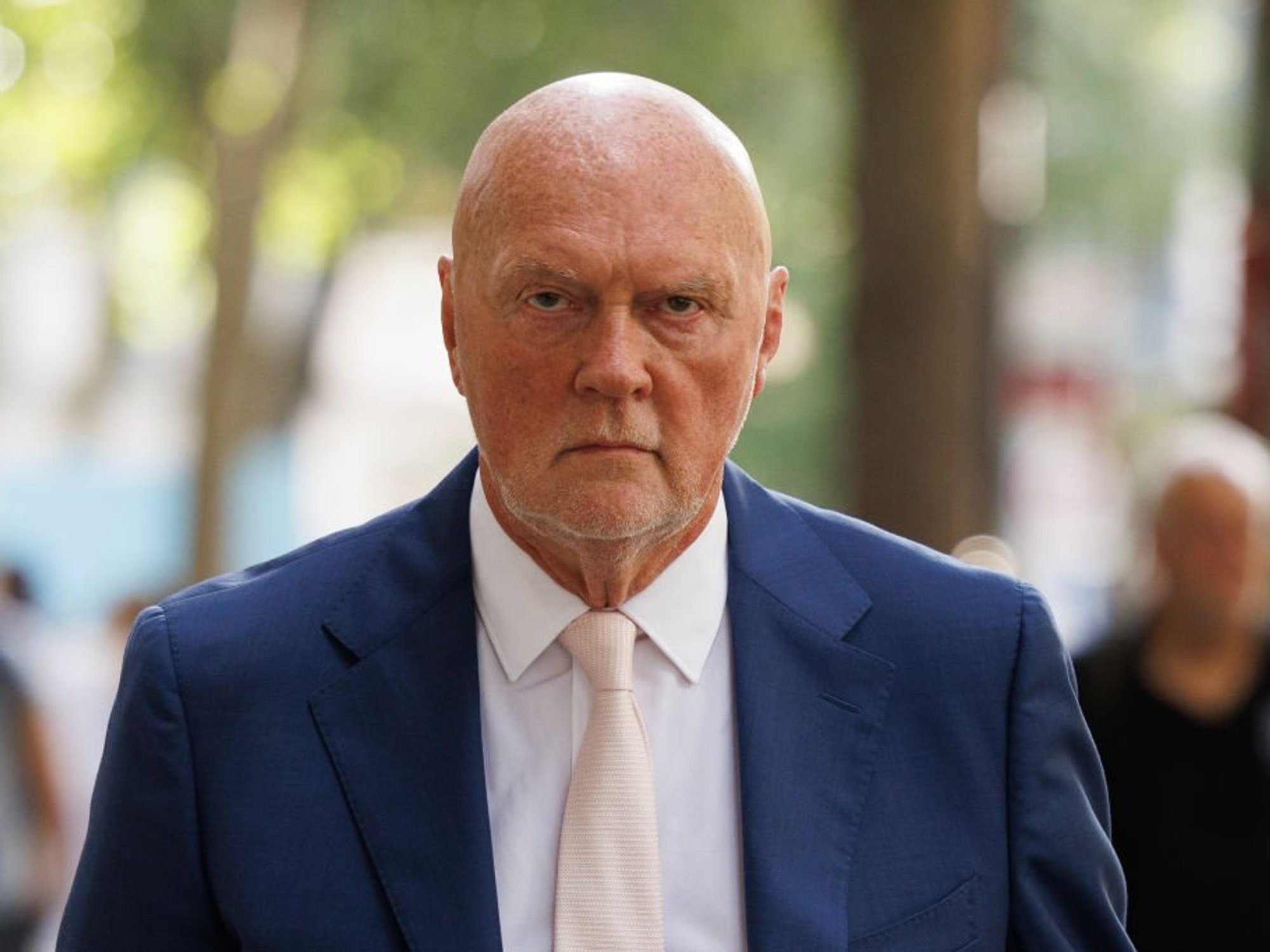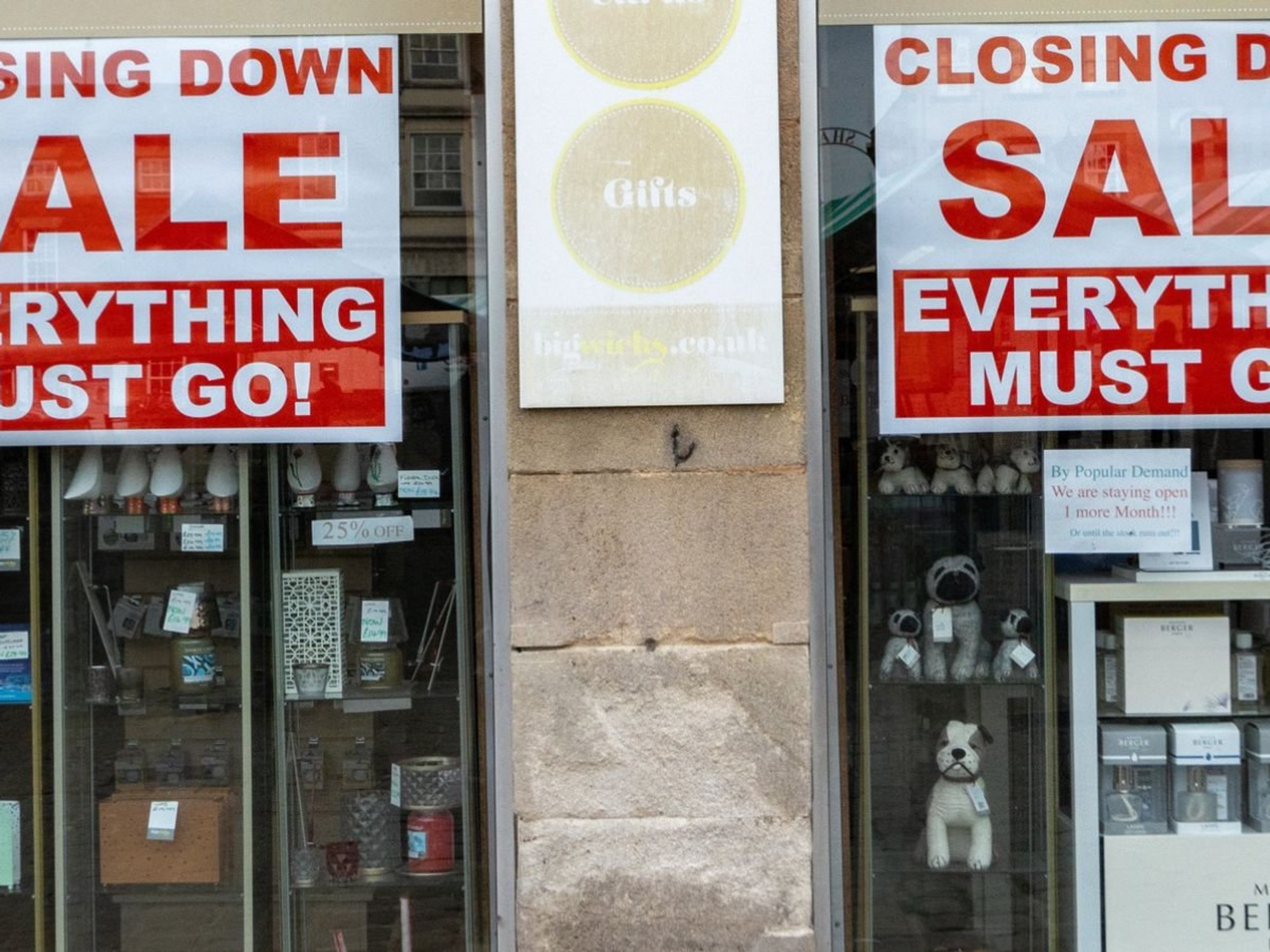FTSE 100 heading for worst day since April
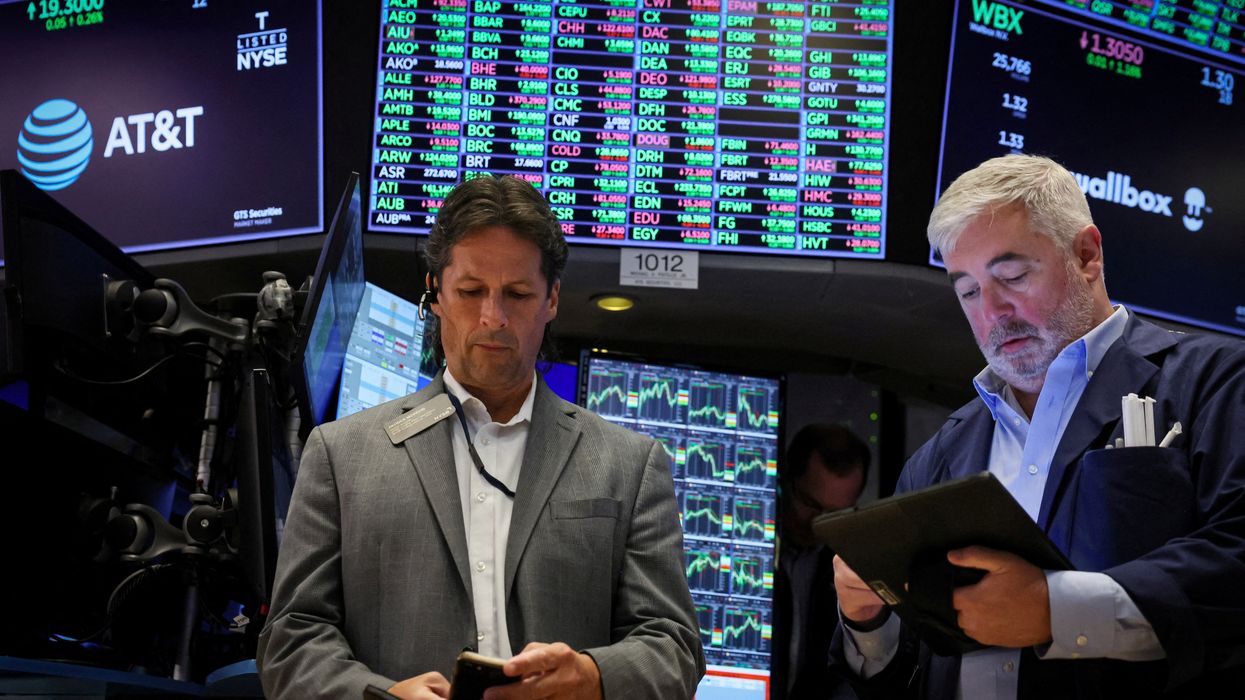

London’s top index fell sharply after fears over American regional banks rippled through global markets
Don't Miss
Most Read
London’s premier share index plunged 1.5 per cent on Friday after fears over American regional banks sparked a global market sell-off.
The FTSE 100 dropped 138.88 points to 9297.21, with financial institutions bearing the brunt of investor anxiety.
Banking shares suffered particularly severe losses as traders fled risk assets across global markets.
The widespread selling followed Thursday’s announcements from Zions Bancorp and Western Alliance Bancorp regarding difficulties with commercial mortgage-related loans, reviving memories of previous banking sector turbulence.
Asian markets had already signalled trouble ahead, with Japan’s Nikkei 225 declining 1.4 per cent and Hong Kong’s Hang Seng Index shedding 2.5 per cent.
American futures trading suggested Wall Street would open significantly lower, with the S&P 500 expected to drop about one per cent.
The volatility index, known as the CBOE Volatility Index, climbed to its highest point since April, reflecting heightened market nervousness.
Barclays experienced the steepest decline among major UK banks, plummeting 22.1p to 357.15p due to its substantial American banking exposure.
Standard Chartered fell 67.5p to 1360.5p while NatWest Group dropped 18p to 530.2p.
Alternative asset manager Intermediate Capital Group suffered the worst performance across the index, tumbling seven per cent or 141p to 1901p.
Technology-focused investment trusts also retreated, with Scottish Mortgage Investment Trust declining three per cent and Polar Capital Technology Trust falling 13.5p.
Russ Mould, investment director at AJ Bell, said: "The pullback in UK-listed banks will be sentiment-driven. Investors have been spooked and moved to trim positions in the sector, possibly opting to have lower exposure in case a crisis is brewing."
He noted there was "no evidence of any issues with the London-listed core banking names, but investors often have a knee-jerk reaction when problems appear anywhere in the sector".
LATEST DEVELOPMENTS
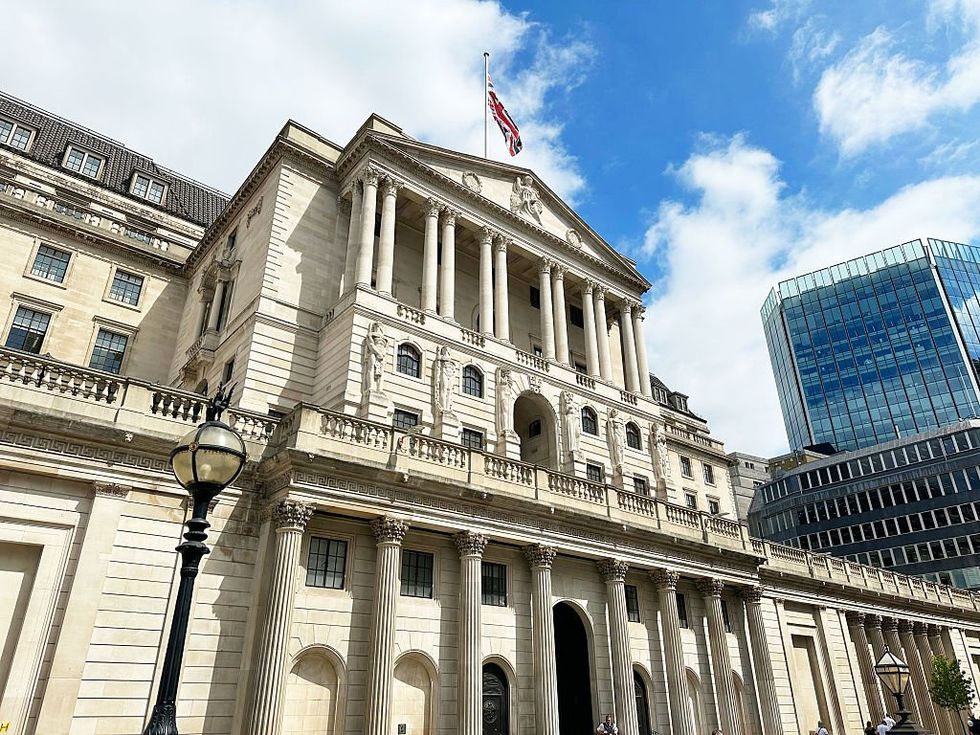
Shockwaves have been felt across the Atlantic
|GETTY
UBS Global Wealth Management suggested the American credit problems were "idiosyncratic and not indicative of a broader weakening of credit trends".
The precious metal reached unprecedented levels during Friday’s trading session, climbing above $4,370 per ounce before settling at $4,341.
This represented a surge of 1.5 per cent and positioned gold for its strongest weekly performance in more than five years.
The rally has propelled gold’s value up by over 50 per cent in under twelve months.
Market participants have increasingly turned to the traditional safe-haven asset amid mounting geopolitical concerns, expanding Government debt levels and persistent inflation uncertainties.
The prospect of reduced American interest rates has further enhanced the appeal of the non-yielding commodity.
Trade tensions between Washington and Beijing, combined with worries about the health of the US economy, have accelerated the shift towards defensive positions.
Richard Hunter, head of markets at Interactive Investor, said investors appeared to be confronting "increasing signs of storm clouds gathering over markets, with little relief from the building wall of worry".
The American currency faced its sharpest weekly decline in two and a half months, with the U.S. Dollar Index dropping 0.95 per cent over five days.
Sterling strengthened by a quarter of a cent to $1.3455, reaching its strongest position since October 7.
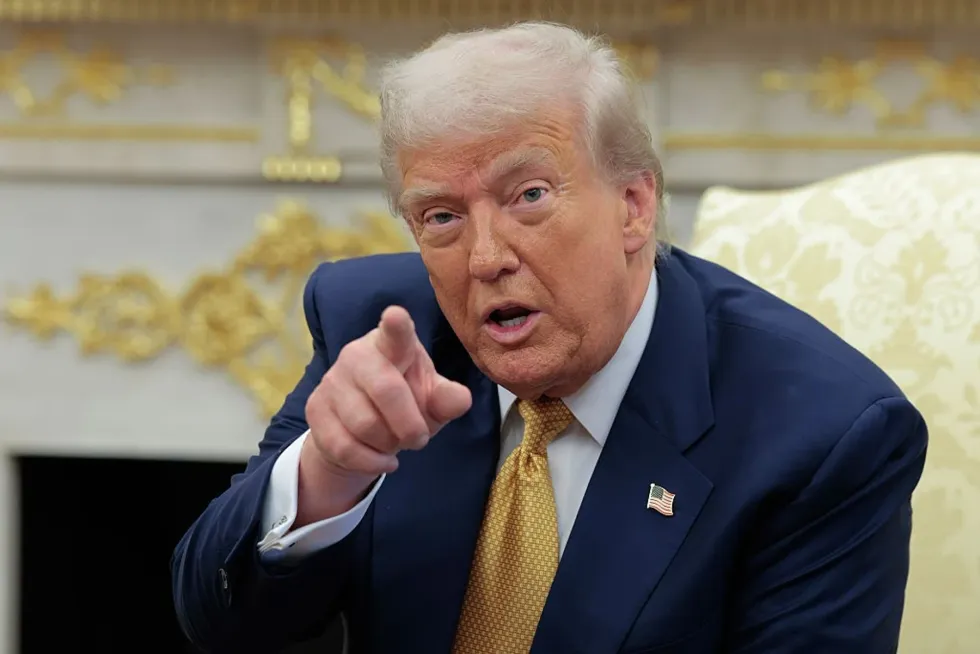 Mr Trump has called on Nato nations to impose a 50 to 100 per cent tariff on China | GETTY
Mr Trump has called on Nato nations to impose a 50 to 100 per cent tariff on China | GETTYThe greenback’s weakness followed Donald Trump’s threat of 100 per cent tariffs on China regarding rare earth exports last Friday.
US trade representative Jamieson Greer described Beijing’s export restrictions as a "global supply-chain power grab", dampening prospects for improved relations between the two nations.
Market participants have grown increasingly concerned about America’s economic health, particularly given the current data blackout resulting from the Government shutdown.
This uncertainty has prompted some investors to shift away from dollar-denominated assets and Treasury bills towards tangible alternatives like gold.
Raffi Boyadjian, lead market analyst at Trading Point, said expectations of steady interest rate reductions in coming months were adding further pressure on the dollar’s value.






